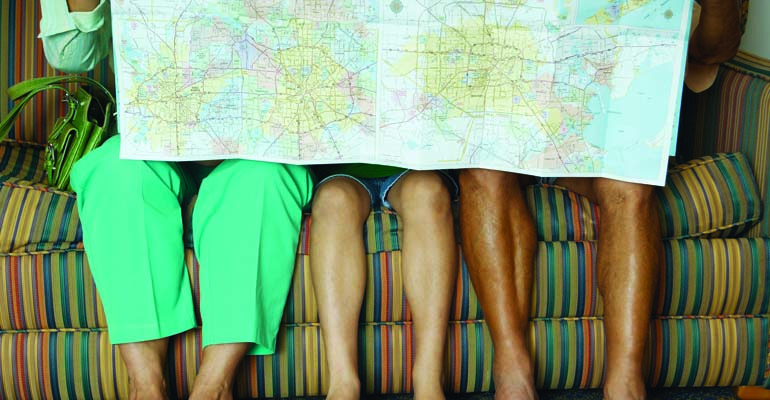By the time a child is nine to 12 years old, he’s probably memorized many of the details of his adoption story. But as children enter later childhood, their thoughts may focus on their birth family, and they may want more information about their past to develop a sense of identity. At this time, many families explore the idea of taking their child on a heritage, or homeland, trip.
On the Road
For families who adopted domestically, such a trip may involve traveling to a neighboring city or state and visiting the hospital where the child was born or his adoption agency. For other families, heritage trips involve international journeys that require advance planning and assistance abroad.
In either case, children will experience many emotions as they visit their birthplace and make the connection to their past. For many, this is the first time they see a majority of people who look like them, with the same skin color, stature, and features.
Some kids joyfully tease their parents about this, pointing out that Mom and Dad are now the ones who look “different.” But children may also be uneasy about being “between worlds.” Though they look like the people around them, they may be unable to communicate because of language barriers, be unfamiliar with the food and customs, and feel that they don’t fit in anywhere. Some children also feel longing, sadness, or anger as they see kids in their birth country (or state) with their biological parents.
Parents can help their child cope with such feelings in several ways. Before embarking on your trip, learn as much as you can about the culture and area to which you’re traveling. If you’re going abroad, take some introductory language classes (or language lessons on tape).
Or attend a culture camp near your home, for a weekend or longer. Such camps allow kids to sample typical foods, learn about the country’s music, art, and language, and participate in adoption-related discussion groups with their peers.
Once you’re on the road, let your child express herself openly, and listen without judgment. Some children talk freely about their feelings, while others are overwhelmed and become argumentative or temperamental. (For instance, a child may say that only a “loser” would “give up” her baby.)
Whatever the case, reassure your child that adoption plans are made because of adult problems, not because a child was undesirable. Take her concerns seriously, share what you know, and, if possible, help her find answers to unresolved questions.



